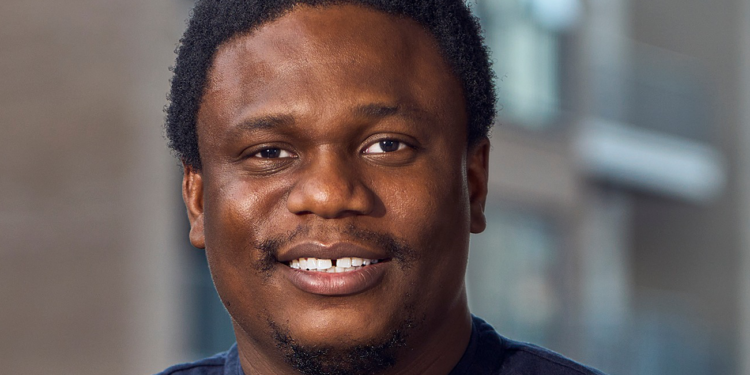Nigeria’s informal economy has long been the country’s quiet engine, a vast network of market women, PoS agents, mechanics, hairdressers, roadside retailers and gig workers who keep commerce alive in every corner of the nation. It is an economy that employs millions, feeds households and sustains local communities, yet often exists in the shadows of policy, structure and social security.
Now, a new study by Moneypoint, released in partnership with the Federal Ministry of Industry, Trade and Investment and SMEDAN, casts fresh light on the sector. The 2025 Informal Economy Report not only documents its scale, but reveals a striking truth: a majority of Nigerians in the informal sector are there for survival, not passion, not choice, and not long-term aspiration.
Edidiong “Didi” Uwemakpan, Vice President of Corporate Affairs at Moneypoint, said the research took more than six months to complete, drawing from the company’s nationwide presence across thousands of communities. “We have seen firsthand the struggles and potential of informal workers,” she said. “There is talent, there is resilience, and there is economic activity. But what is missing is structure. We created this report so policymakers can finally have credible data to act on.”
One of the study’s innovations is “M”, an AI-powered chatbot that allows journalists, researchers and policymakers to ask questions about the informal sector in real time. The tool pulls verified data from Moneypoint’s report as well as sources such as the National Bureau of Statistics (NBS) and SMEDAN, making information more transparent and accessible than ever before. The findings show that Nigeria’s informal economy is driven overwhelmingly by young people. More than 70% of participants are under 45, with 38% between ages 25–34 and 35% between 35–44.
Uwemakpan explained that this trend is tied to the slow creation of formal jobs compared to Nigeria’s rapidly expanding youth population. With limited opportunities in the formal sector, young Nigerians are choosing informal work because it offers low barriers to entry, especially in retail and trade, where they can earn immediately. “It’s not always passion,” she noted. “It is survival. Young people need income fast, and the informal sector gives them the fastest route.”
The report also revealed a gender gap: 65% of informal businesses are owned by men, while 35% are owned by women. Uwemakpan linked this to cultural norms, unequal access to collateral and maternity-related disruptions that make business continuity harder for women. She emphasised the need for gender-responsive financial policies and flexible loan systems that support women entrepreneurs on their own terms. Regionally, the Southwest leads participation with 33% of informal business activity, and Lagos alone accounts for 16%. Its population, purchasing power and commercial intensity make it the informal capital of Nigeria. Uwemakpan, however, believes other regions can accelerate growth by improving infrastructure, boosting local demand and building systems that allow micro-businesses to thrive.
Retail and trade dominate the informal economy at 44%, a pattern shaped by generations of trading culture, from roadside kiosks to mini-marts and small home-front shops. Uwemakpan said the appeal is simple: it requires little startup capital, allows individuals to begin earning immediately and has demand in every community. Other growing areas include beauty, wellness and personal services, which fall into the “other services” category under NBS classifications.
The report ultimately frames the informal economy not as a burden, but as a sleeping giant, full of potential if given structure, financing, vocational pathways and policy attention. Uwemakpan argued that with the right interventions, the sector could transform from a survival zone into a productive, wealth-generating engine for the country. “The data is clear. The people are ready. What is left is deliberate support,” she said. “If we build the right systems, the informal sector can transform Nigeria’s economic future.”










